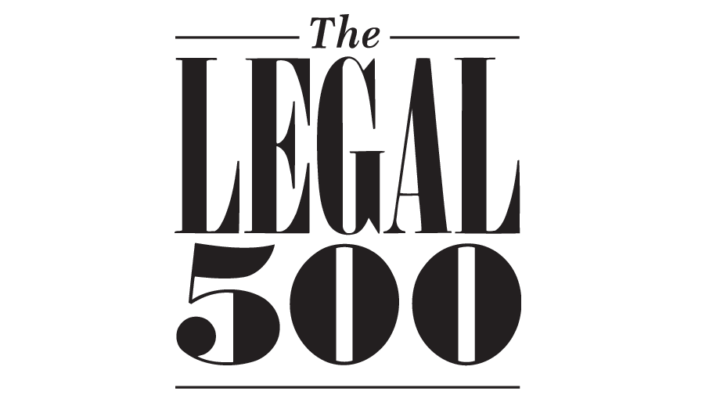Richard Reichman writes for Global Investigations Review highlighting the upsurge of ESG risks through strengthening regulatory requirements, novel legal claims and severe reputational damage. It is a crucial time for companies to digest the warnings and act.
Here is a short extract from the article*. If you wish to read the full article, please visit the Global Investigations Review website.
“While recent developments highlight areas where the UK’s ESG regulatory regime risks falling behind, there is a clear trend towards decisive action to address ESG risks. Richard Reichman at BCL Solicitors in London argues it is a crucial time for companies to digest the warnings and act.
Whether it is a judicial review of the FCA’s approval of climate-related risk information in Ithaca Energy’s IPO prospectus, or attempts to require HMRC and the NCA to investigate imported cotton alleged to be produced by forced labour, the ESG landscape is developing quickly and innovatively.
Companies are facing an upsurge of risk through novel legal claims, strengthening regulatory requirements and severe reputational damage, as society increasingly demands that harm caused by companies, whether environmental or social, is prevented.
Corporate sustainability due diligence
There is no UK due diligence requirement for companies relating to adverse impacts on human rights and the environment in their supply chains. While the Modern Slavery Act 2015 (MSA), heralded as providing world-leading protections, envisages a degree of transparency regarding supply chains, it is not a panacea. Although it requires certain UK corporates to publish a slavery and human trafficking statement each financial year, the reports are limited in scope and unsurprisingly do not have to cover environmental harms, for example. The need to publish the statement is mandatory but the contents specified in the MSA are only advisory; whilst covering due diligence is suggested, it is not required. The statement must be published on an organisation’s website, but there are no criminal offences or penalties for non-compliance.
Against this background, there have been numerous recent reports concerning high-profile environmental and social supply chain concerns at well-known UK brands, including allegations of labour abuses at a Malaysian supplier of Dyson and 1,700 instances of child labour in the supply chain of the ethical chocolate brand Tony’s Chocolonely.
In some cases, ground-breaking legal claims for damages and other remedies are being brought, including by campaign groups, activist investors and NGOs, often aiming to fill the enforcement void. A recent example is the unsuccessful, but significant and instructive, crowd-funded application for judicial review brought by the World Uyghur Congress. This application was intended to prompt the investigation of alleged breaches of the Proceeds of Crime Act 2002 and other legislation relating to the importing into the UK of cotton produced in the Xinjiang Uyghur Autonomous Region under forced labour conditions (R on the application of World Uyghur Congress v Secretary of State for the Home Department, Commissioners for His Majesty’s Revenue and Customs Service, National Crime Agency [2023]). The stumbling blocks for the application included the payment of adequate consideration for goods providing a money laundering defence, and the need for specific property associated with criminal conduct to be identified, rather than a reverse burden of proof based on the provenance of the product. As a result of the judgment, the government was criticised for making the UK an international outlier and safe haven for importers of goods produced as a result of crimes against humanity and genocide.”
*This article was first published by GIR on 31 March 2023.
To read the full article, please visit Global Investigations Review website.




